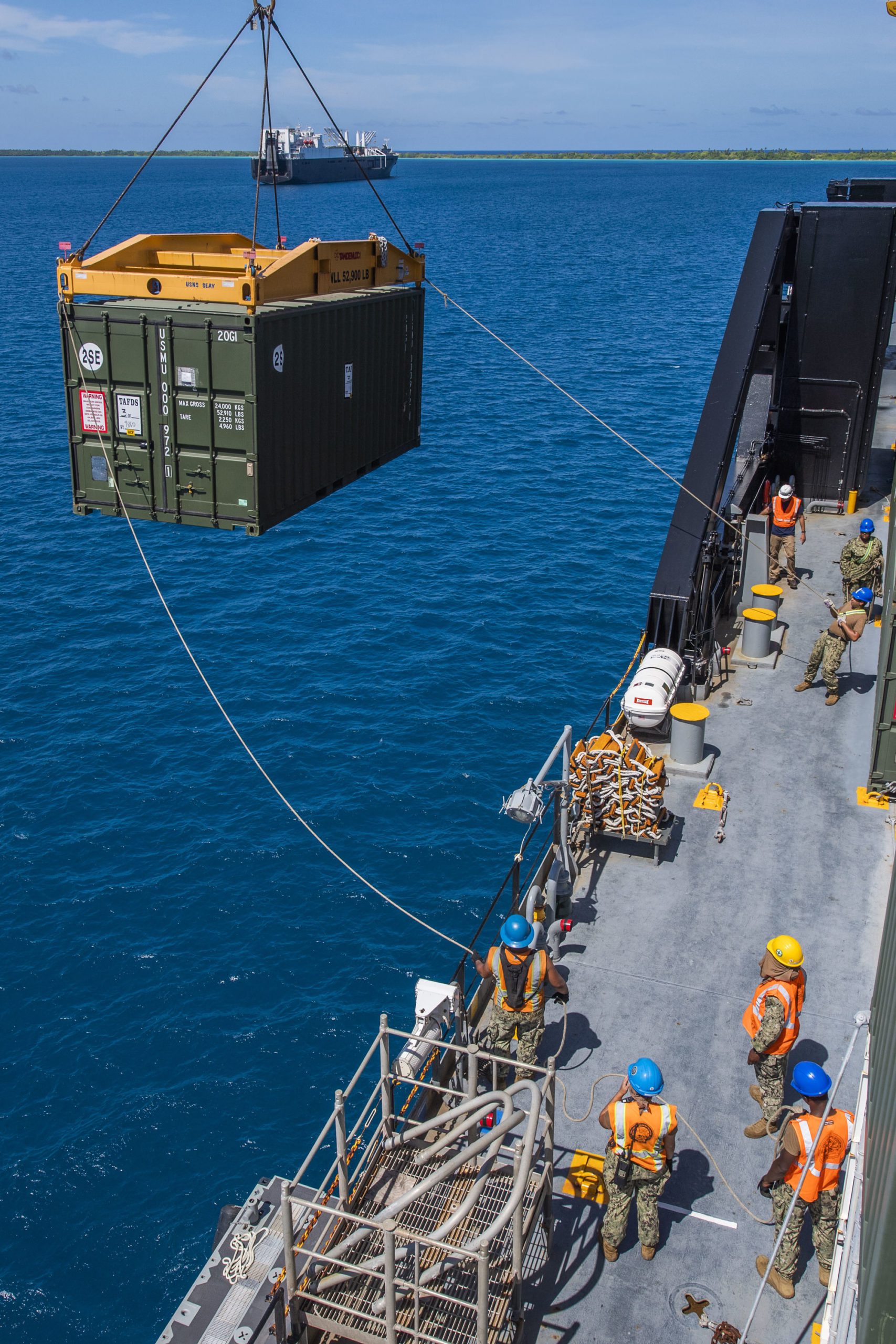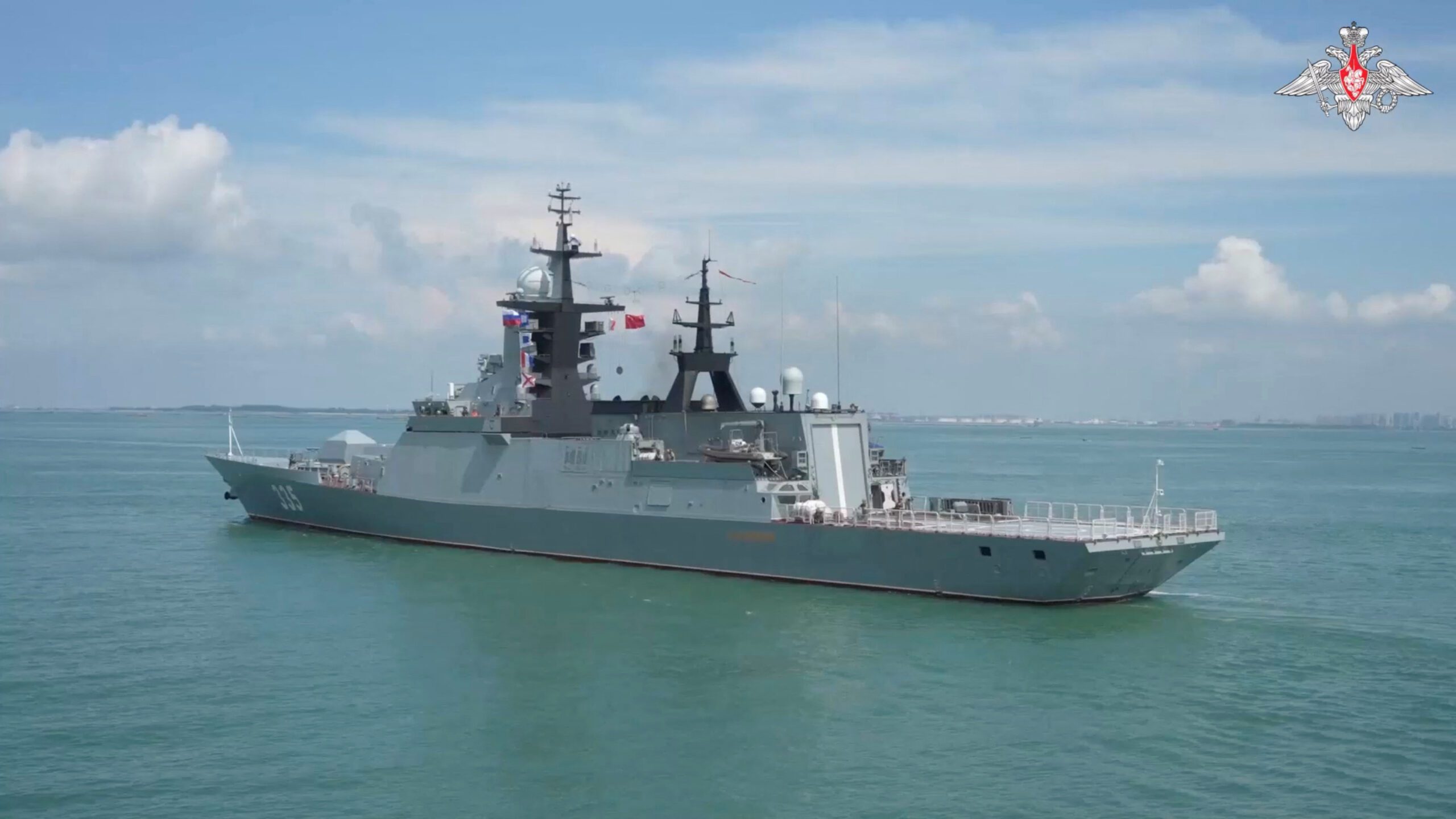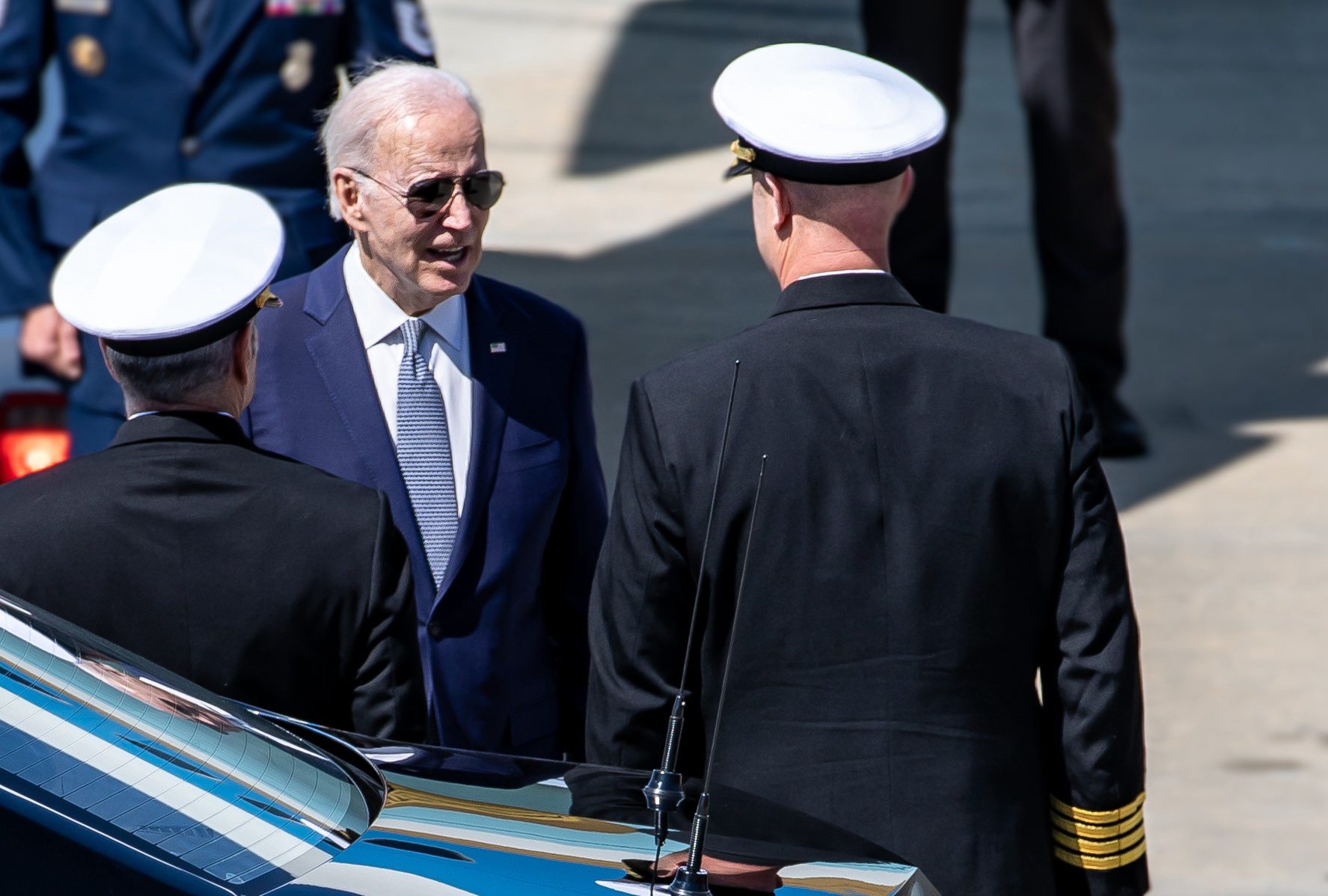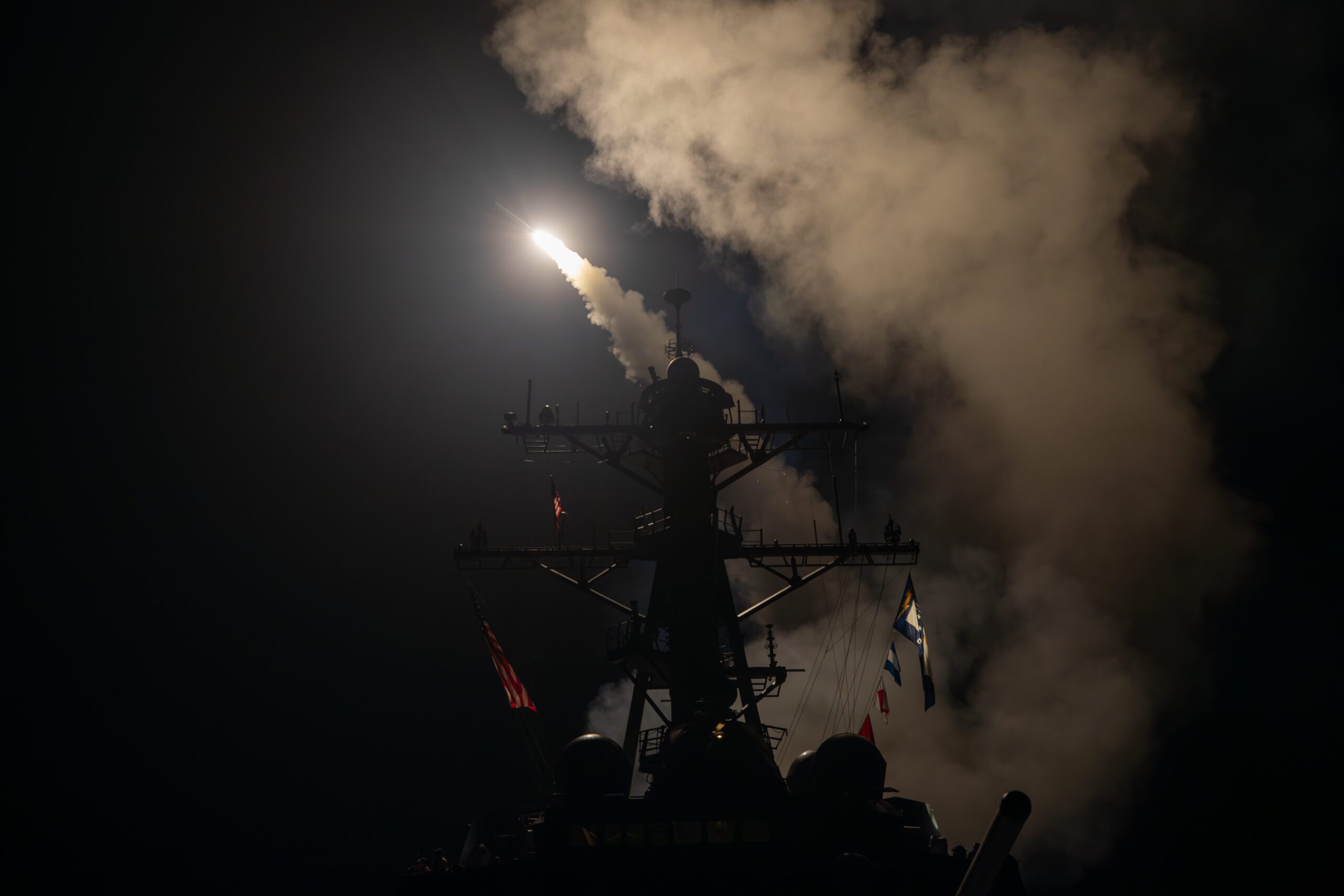by John Konrad (gCaptain) Last week the Brookings Institute recently published a new report titled “America can’t afford to ignore the logistics triad,” highlighting the critical role of logistics in military operations. The report underscores the importance of logistics in high-end warfare scenarios, particularly against formidable adversaries like Russia and China. It argues that the logistics triad – transport systems, physical military infrastructure, and digital/cyberinfrastructure – should be a top priority in defense modernization efforts.
The report begins by noting that logistics do not fit prominently into the military identities of the nation’s three largest services – the Air Force, the Navy, and the Army. However, it emphasizes that logistics are crucial for the functioning of weapons and combat formations. In today’s world, logistics would be contested by the adversary in any high-end war, making the penalty for undervaluing logistics potentially severe.
The report also discusses the aging and atrophying of ships, planes, and trucks bought in the 1980s, the development of precision missiles by China and Russia that can threaten fixed bases, and the proliferation of cyber systems that have created new vulnerabilities for America’s global transport and supply networks.
“First, ships and planes bought in the 1980s have aged and atrophied, without being adequately maintained or replaced,” says Marcos A. Melendez III and his coauthors in the report. “Second, China (and Russia) has developed precision missiles that can threaten fixed bases anywhere, especially in regions near its shores. Three, cyber systems have proliferated. That has made logistics more efficient, but it has also created new vulnerabilities for America’s global transport and supply networks.”
The report further delves into the challenges faced by the United States in the Western Pacific, where the logistics challenges are significantly greater than those faced by China due to geographical advantages. The report suggests that the United States needs to prioritize the logistics triad to effectively compete in this region.
The report concludes by emphasizing the importance of improving the nation’s ability to move, supply, and sustain its armed forces abroad. It suggests that the triad of military logistics systems must be seen as an ongoing top priority for the Department of Defense, on par with the nuclear triad, command and control, fighters and bombers, tanks and rockets, and subs and ships.
“Every U.S. military department or service has developed a separate logistics enterprise resource planning (ERP) software, resulting in six major systems,” says the report highlighting the problem extends well beyond the aging military sealift fleet to the digital infrastructure. “China consolidated its military logistics into one logistic force in 2016 called the Joint Logistics Support Force. This move eliminated the large self-contained logistic systems for each service. That is the right approach.”
In light of this report, it is clear that a comprehensive and strategic approach to military logistics is crucial for the United States to maintain its global military power in the modern era. The report serves as a wake-up call for policymakers to prioritize and invest in the logistics triad as a key component of defense modernization efforts.
Unlock Exclusive Insights Today!
Join the gCaptain Club for curated content, insider opinions, and vibrant community discussions.

 Join The Club
Join The Club













